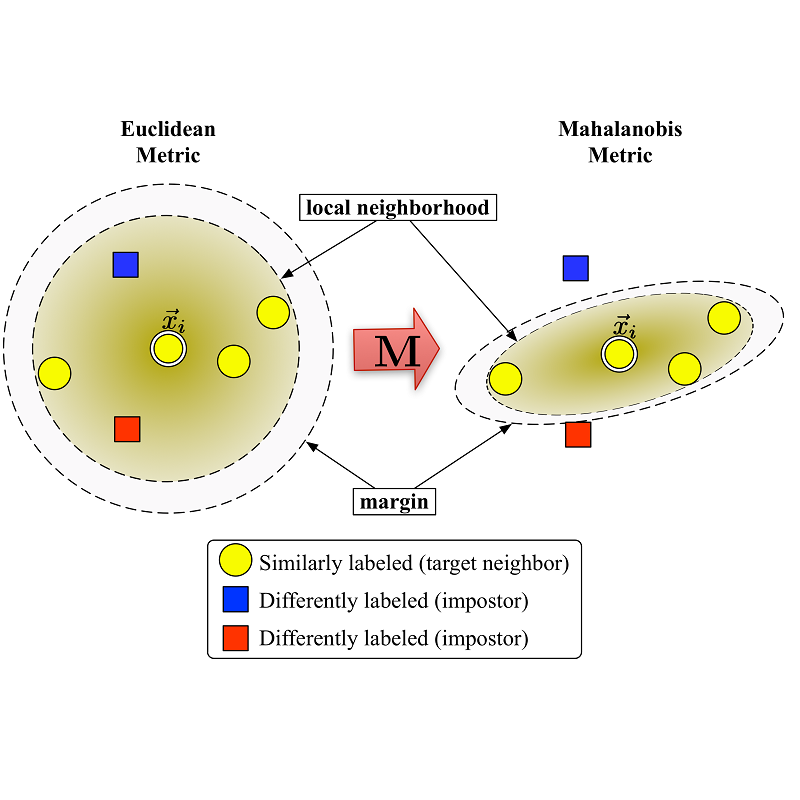Personalized recommender systems are playing an increasingly important role as more content and services become available and users struggle to identify what might interest them. Although matrix factorization and deep learning based methods have proved effective in user preference modeling, they violate the triangle inequality and fail to capture fine-grained preference information. To tackle this, we develop a distance-based recommendation model with several novel aspects: (i) each user and item are parameterized by Gaussian distributions to capture the learning uncertainties; (ii) an adaptive margin generation scheme is proposed to generate the margins regarding different training triplets; (iii) explicit user-user/item-item similarity modeling is incorporated in the objective function. The Wasserstein distance is employed to determine preferences because it obeys the triangle inequality and can measure the distance between probabilistic distributions. Via a comparison using five real-world datasets with state-of-the-art methods, the proposed model outperforms the best existing models by 4-22% in terms of recall@K on Top-K recommendation.
翻译:个人化推荐人系统正在发挥越来越重要的作用,因为更多的内容和服务能够提供,用户也难以确定它们可能感兴趣的内容和服务。尽管矩阵化因素和深层次学习方法已证明在用户偏好模式中行之有效,但它们违反了三角不平等,未能捕捉细分的偏好信息。为了解决这个问题,我们开发了基于远程的建议模式,其中有几个新方面:(一) 每一个用户和项目都通过高西亚分布的参数化,以捕捉学习的不确定性;(二) 提议了一个适应性差值生成计划,以产生不同培训三重的利润幅度;(三) 目标功能中包含了明确的用户用户/项目相似性模型。瓦塞斯坦距离用于确定偏好,因为它符合三角不平等,能够测量概率分布之间的距离。通过使用五个真实世界数据集与最新方法的比较,拟议的模型在Top-K建议中比现有最佳模型高出4-22%。




